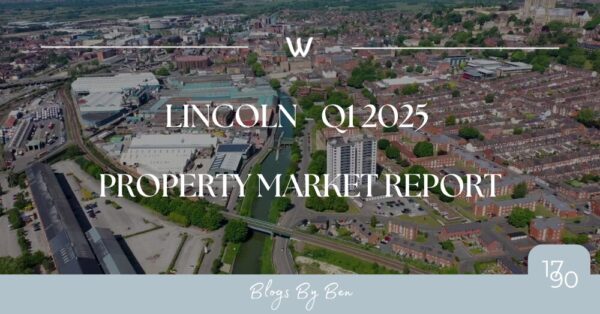The Spring Budget 2024 this afternoon has introduced some changes that could significantly influence your Lincoln property strategies and investment outcomes.
Here’s a comprehensive mini update:
Capital Gains Tax Cut: A major highlight is the reduction in the higher rate of property Capital Gains Tax from 28% to 24%. This tax is applicable when you profit from the sale of properties that aren’t your main home, such as buy-to-let properties, business premises, or inherited properties. The expectation is that lower tax rates will spur more transactions, potentially enhancing tax revenues and offering landlords a chance to re-evaluate their portfolios with slightly less tax burden.
Holiday Lettings Tax Regime Abolished: To combat the shortage of long-term rental properties, the furnished holiday lettings tax regime has been eliminated. This move is set to affect holiday landlords but aims to make more properties available for permanent residents, particularly in areas popular with tourists.
Removal of Multiple Dwellings Relief for Stamp Duty: Additionally, the Spring Budget has eliminated the Multiple Dwellings Relief, which benefited landlords purchasing multiple residential properties simultaneously. Initially implemented to reduce obstacles in property investment, the removal of this relief is expected to primarily impact major institutional landlords and not most buy-to-let landlords (as most landlords tend to only buy rental properties one at a time).
Commitment to Building One Million Homes: The government has reiterated its commitment to constructing one million homes by the end of this Parliament, dedicating £242 million to new housing initiatives. This ambitious goal aims to alleviate the housing shortage, potentially creating new investment and development opportunities within the property sector.
Financial Relief Measures: The budget introduces significant financial reliefs that could have a broader impact on property affordability and the market at large. A noteworthy 2p cut in National Insurance contributions, reducing it to 8% of pay, promises to lessen the historically high tax burden, benefiting Lincoln homeowners, potential home buyers, landlords, and tenants alike. Together, these changes aim to put more money back into the pockets of individuals, potentially increasing disposable income and making property investments and their upkeep more affordable.
These strategic updates present a mix of challenges and opportunities for those involved in Lincoln’s property market. From tax adjustments affecting investment returns to broader economic measures that may influence property affordability, it’s crucial to stay informed and consider how these changes can be leveraged to benefit the local property landscape.


